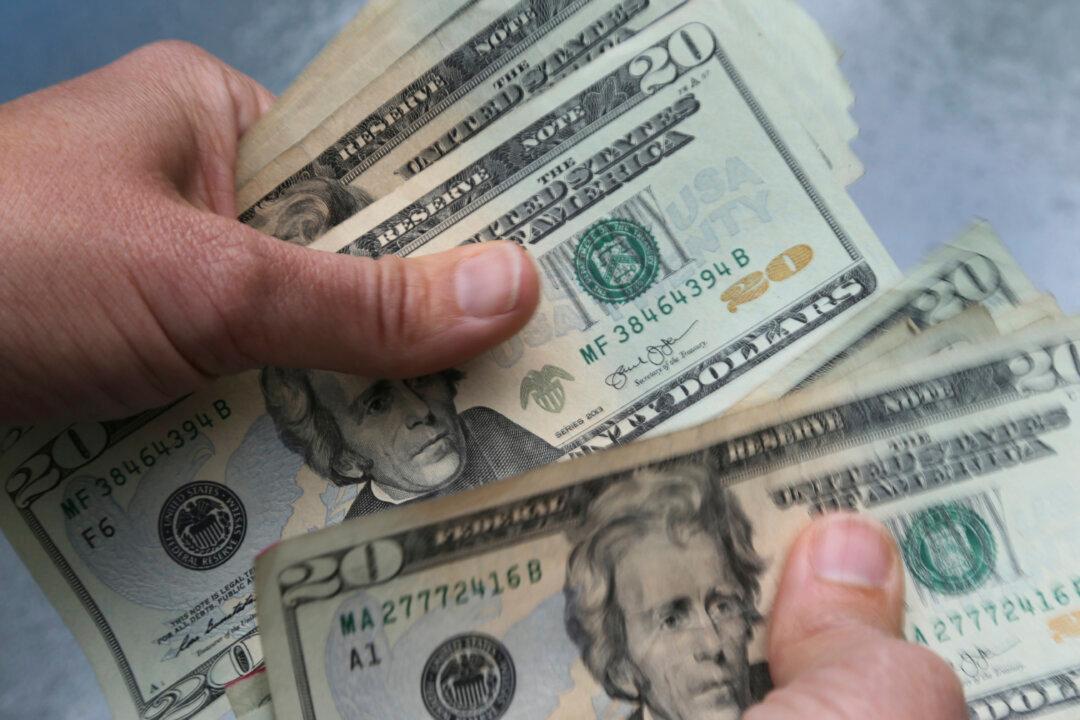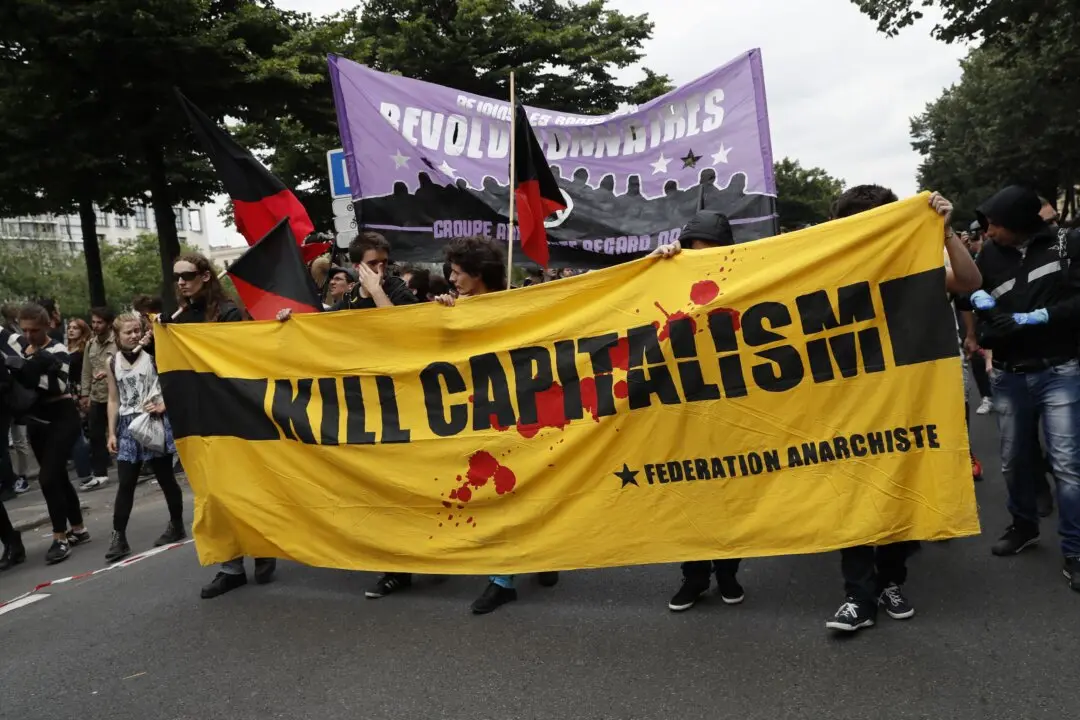Commentary
The many union-backed, pro-Democratic Party emails that my cousin has been sending me bewail “corporate greed” and “greedflation.” Somewhat surprisingly, President Joe Biden kept those words out of his State of the Union address. Don’t be surprised, though, if they pop out of his mouth on the campaign trail this year. Progressives/Democrats perennially employ anti-corporation demagoguery as a political tactic.





